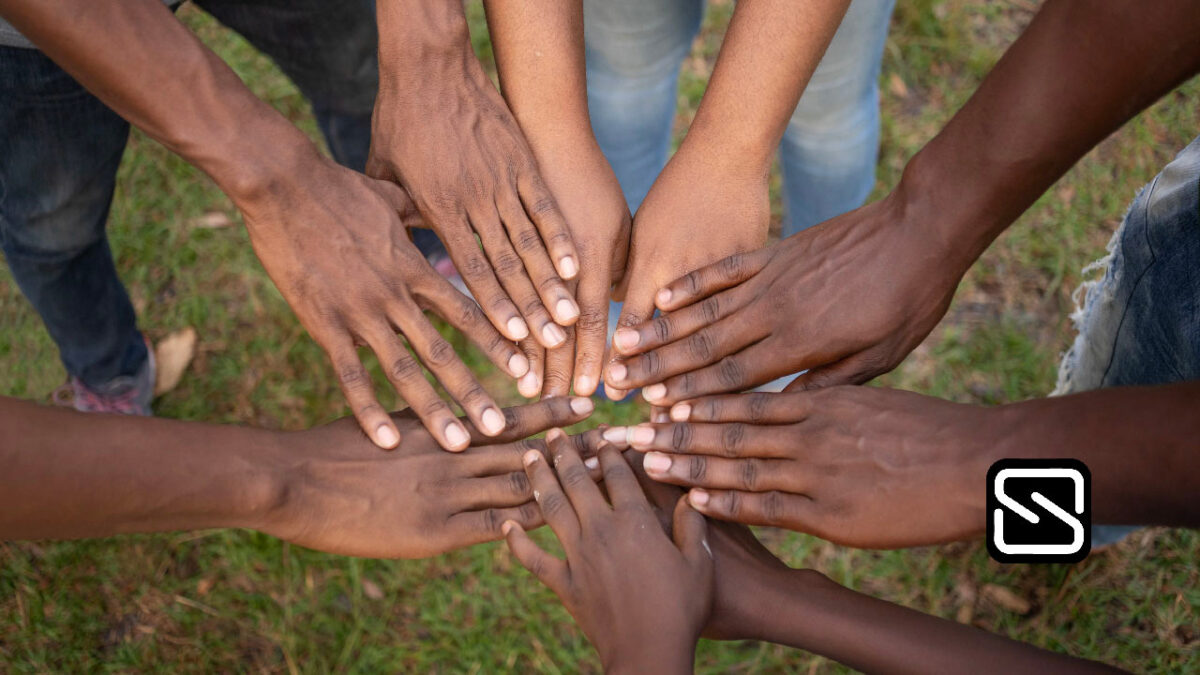While blockchain is showing great potential to address problems in different economic sectors in Africa, there is still an uphill battle to onboard and involve the millions who are poverty-stricken and struggle to meet their basic needs. This is where the Humanity Protocol comes in.
The Humanity Protocol was founded in 2019 to address the needs of African communities by providing a blockchain-powered platform that pays its members in cryptocurrency for doing simple community tasks.
The program was initiated by Marcus Dukes who is a 25-year veteran of the financial services industry. Dukes’ work had him providing strategic advice to small and medium-sized companies with a focus on helping startups get funding and this led him to two realizations.
The first was that with over $100 billion spent annually on startups in the US alone, the western world was creating many technologies some of which were never deployed yet they could be brought to Africa and help jumpstart multiple innovations and businesses.
Dukes’ second realization was that blockchain technology could help the continent surpass outdated financial platforms that were not working for Africans. This led him to come to Africa to see how to arrange the puzzle pieces for the bigger picture to come together.
The vision was to work with a technology which was accessible to everyone on the planet but it was evident that if people needed to first have money to engage in blockchain networks, then about 2 billion people around the globe would be automatically excluded.
This led to a concept known as Personal Natural Resources (PNR) which is a way to create a blockchain network accessible to all. PNR refers to any skill, time, data, network or ambassadorship in any field that everyone on the planet can access and/or offer and Dukes is looking to help people monetize these.
On the belief that poor people’s time is the most undervalued and underutilized asset on the planet, Dukes was looking for ways to help people monetize their PNR. The objective became to create a system to unlock and monetize the billions of available hours as the basis for a new trillion-dollar decentralized economy.
The project took flight in Nigeria with a small group of people performing basic community tasks and getting paid in crypto. Here the six main tasks are recruiting, creating content, sharing content, coaching people about blockchain, verifying identity and grading other people’s tasks.
Payments are all in crypto with members receiving payments that they can either sell, invest or donate with those who choose to invest getting an additional crypto coin to incentivize saving. For someone who wants to sell, the company buys your token(s) and gives fiat currency.
The company launched the Humanity Equity token (HMN.EQ on the Red Matter Capital platform and HMN.BEQ on Pancakeswap) as an alternative payment measure for members looking to avoid the high gas fees faced on Ethereum.
The humanity token has a maximum supply of 61,309,023 tokens with more than half set aside to be earned by community members for performing tasks. This week, the company launched 300,000 special Golden HMN.BEQ tokens that come along with a Humanity NFT
Holders of the Humanity token are entitled to investment classes offered on the platform as well as classes on how to earn additional Humanity tokens.
The platform currently has over 100,000 members with plans to grow this number to 1 million by the end of 2022 as the network expands to Ghana, Uganda and Kenya among other countries in Africa.
